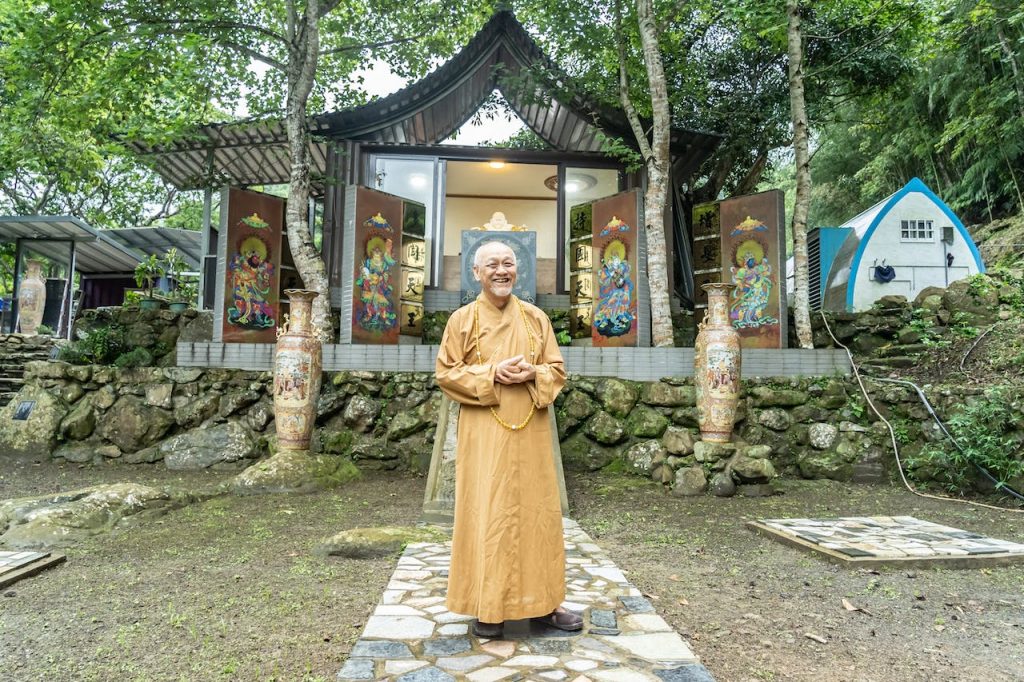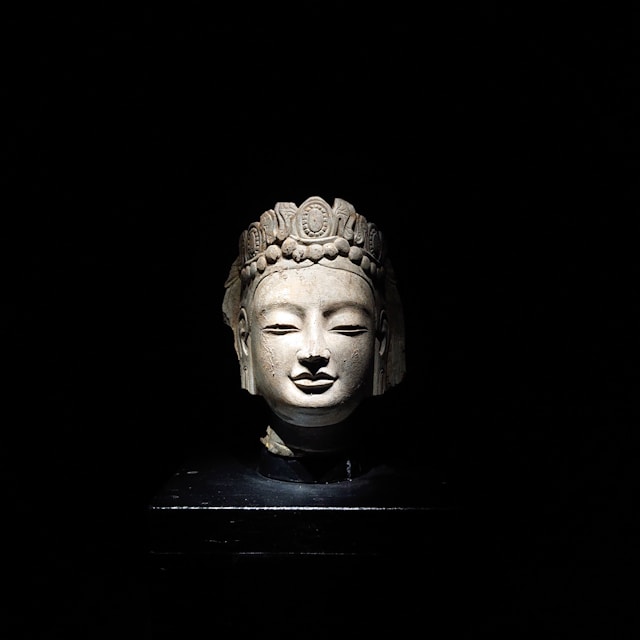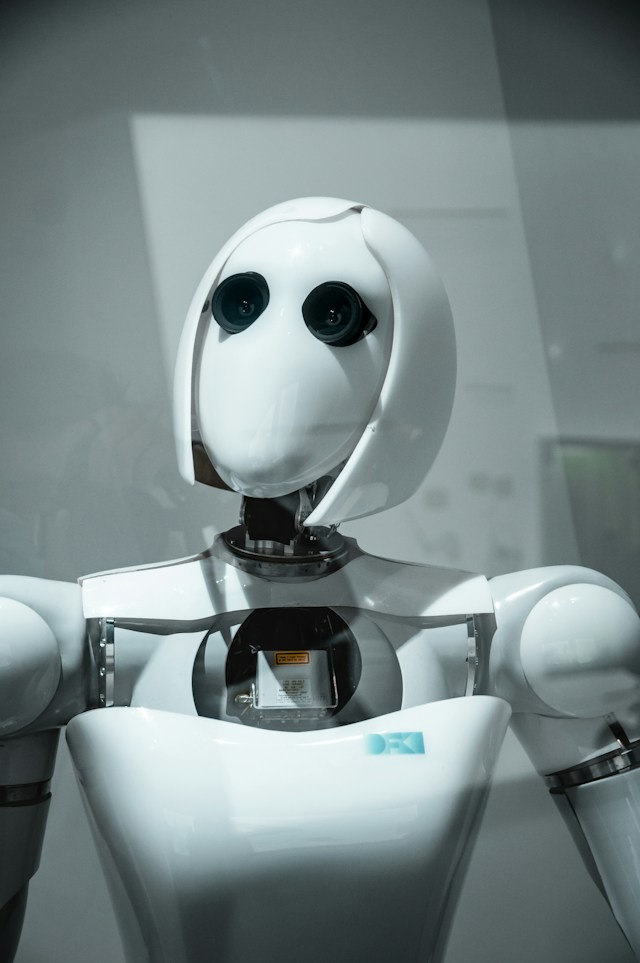What are the benefits of being religious, spiritual and selfless? According to science, a longer lifespan. To many, this may come as a surprise. Religion and spirituality have fallen out of vogue, with many intellectual people regarding such beliefs as primitive superstition.
The surprising science of the correlation between spirituality and physiological health has also come under attack. Commentators fear that people may turn to spiritual healers rather than modern medicine and point out that the correlation doesn’t imply the intervention of a higher power in people’s biology.

Though many intellectuals celebrate the worldwide decline of religion and spirituality, most people still believe in a higher power.
Some facts and figures
Scientists studying obituaries from 42 US cities found that attending religious services increased lifespan by between 4 and 9,45 years.
Harvard University Press reported that a study published in the American Journal of Epidemiology followed 5000 youths between the ages of 8 to 14 and found that spiritual practices during childhood resulted in better health and well-being during early adulthood.
A review of published papers looking at the correlation between religion and depression found that most studies reported an inverse relationship between religious activity and instances of depression and suicide, and a positive relationship between religious activity and general happiness and well-being.

A review of scientific literature studying the links between religion and a variety of diseases found that religion and spirituality with lower incidences of coronary heart disease reduced the risk for dementia, led to better cancer outcomes, and even enhanced endocrine function.
Given the strong correlation between religion and spirituality, it’s no surprise that 76% of physicians believe in God, and 59% believe in an afterlife.
Selfless volunteering also has longevity benefits, but only when you do it for the right reasons. Doing volunteer work for self-aggrandisement will achieve different results from when you give freely of yourself, as opposed to for yourself.
Is it magic?
A common fear among healthcare professionals seems to be that people will believe, or continue to believe, in the power of the supernatural to intervene in health outcomes. They are thus in a hurry to point out that no known mechanism exists whereby a deity or force can impact the biology of a human, and that other explanations exist for how a spiritual or religious practice translates into better health outcomes.

The research looking at the correlation between religious activity and longevity isn’t confined to Christianity or any specific religion but looks at religion and spirituality in general.
A criticism levelled against those who study the correlation between religion and health is that they are trying to disprove the germ theory of medicine. And while there are always lunatics hiding in the shadows proclaiming cancer to be God’s punishment, most religious people wash their hands, visit doctors and get vaccines. Fringe groups are often more visible but rarely represent the majority.
As for those who study the correlation between religion, spirituality and health, the focus is on how to incorporate spirituality into healthcare and not debunking medicine.
Whether you believe in miracles or not, the science pointing to the correlation between religion and longevity is rock solid.
Why are religion and spirituality so good for health?
The answers to this question vary. The above-cited articles all point to the fact that religions provide many positive social benefits. Religions also encourage moderation, looking after yourself physically and refraining from substance abuse.
There exists a wealth of data linking lower levels of stress hormones to health benefits. Other factors are also at play. Let’s take a closer look at the aspects of religion that result in patients and the elderly gaining better health outcomes.
Coping with adversity
Religious individuals cope better with adversity because the institutions they are part of often provide support structures for their members, from dealing with the loss of employment, to overcoming health and illness, to encouragement and positive affirmations.

The sense of community these institutions instill helps members overcome adversity in their life better than those facing adversity alone.
Positive emotions
Religious people are happier and experience more positive emotions relating to their lives than non-religious individuals. The mood-enhancing effects of prayer and meditation and the cognitive benefits related to gratitude and selfless service result in individuals experiencing less stress and less of the debilitating health effects associated with negative moods.

Furthermore, the regularity of religious rituals and practices may create a structured routine that contributes to a sense of stability and psychological well-being among religious individuals.
Depression
Despite the fear expressed by mental health professionals that religious people will experience greater feelings of guilt and that this may lead to a greater incidence of depression, the data strongly suggests an inverse relationship between religion and depression. Depression is associated with a host of poor health outcomes, and lower rates of depression will not only bolster physical health but overall life expectancy.

What lies behind the "magic"?
I base the conclusion on my reading and understanding of the science, but serious scientists may beg to differ.
Though the mechanism whereby religion and selflessness translate into extra years of lifespan is not fully understood, no serious observer would dare discard the mountains of data supporting a causal relationship. Advances in epigenetics are shedding light on how human psychology can impact health directly, providing a possible explanation for the correlation between religion and longevity.
The premise is simple, if the way you think about stuff can make you sick, then maybe the way you think about stuff can heal you. Or at the very least, not make you ill. It is well established that psychological conditions such as stress, love and anger can impact the limbic and endocrine system and cause a cascade of physical effects, some positive and some negative. Feelings are chemical cocktails, and humans can exert a good deal of control over them. The training and framework provided by religion may be the key to unlocking long-term regulation of these systems and may even have significant health benefits.
Religion and spirituality may cause the body to engage these systems, regulate them better, and the responses could have health benefits.
My reflections
Being raised on a farm and living close to nature has shaped my view of the world. I have seen attempts at mass agriculture result in good quality crops, but I have often been astonished at how a lone plant shooting up randomly in my garden will perform better than those planted and nurtured to succeed.
I have also seen this with animals. Removing a sick cow from the herd reduces its chances of survival. I raise goats now and have come across research indicating that when young goats (kids) have toys in their enclosures, they gain more weight and have fewer health problems than goats raised in sterile and empty pens.
Bringing me to the idea of flourishing, animals and plants flourish when they exist in environments that address all aspects of the organism. Plants and animals have needs that organised systems often overlook. Attempts at creating natural environments succeed partially, but nothing can fully match mother nature.
I believe the same principle applies to humans. For us to flourish, the entire deck of cards that constitute the human organism must be in play. I believe that religion and spirituality are part of that deck of cards. Some observers have remarked that there seems to be a God-shaped hole in everyone. Religion provides an avenue for transcending mere physical existence, something that humans seem to crave. The impulse to seek a connection with an unfathomable force beyond our understanding and to stand in its service is present in most humans.

Much of the research cited in this article suggests that religion benefits humans, implying that a lack thereof is akin to a form of deprivation or starvation that leaves the organism weak and vulnerable.
But what about selflessness
Saint Thomas Aquinas defined love as: “willing the good of the other“, to which scholars later added: “willing the good of the other as other“. This definition of love differs from the modern conception of love as an emotional reaction that encompasses only positive aspects of caring.
The definition of Aquinas is so good because it applies to all forms of love. If I “will” my child’s good, I will moderate their social media usage and think before indulging them financially with gifts and all they desire; if I “will” my neighbour’s good, I will help them where I can. Selflessness happens when I “will” the good of the other, not for my own benefit but for their benefit, hence the definition of: “willing the good of the other as other“.
On the contrary, loving the other becomes a form of self-love as it is performed for personal gain and not as a gift. The problem with self-love is that it can often turn pathological, constantly seeking its own best interest, becoming a source of stress, anger and other negative emotions like jealousy and resentment.
True selflessness should be the opposite of this, becoming a source of peace, acceptance and gratitude. The insistence by religions that one has to “abandon the self in order to save the self” is much more than mystic mumbo jumbo, but something concrete that can be transformative.
Religion
As a Christian, I am not writing this article only for evangelical purposes. My background is that I abandoned religion soon after leaving school and embraced intellectualism and its affinity for atheism. And then, on a nondescript day at the age of 46, I was overcome with the conviction that God exists. I was as surprised by it as many of my friends and family were. And far from becoming the bible-pounding prophet of doom and judge of humanity that I thought Christians to be, I have found a surprising wealth of goodwill and caring amongst fellow Christians.

I would recommend it for those reasons alone but can now add a list of other good reasons to be spiritual or religious. Once again, I point to the findings that selflessness seems to be a key ingredient here. In religion, the “why” is sometimes more important than the “what”.














